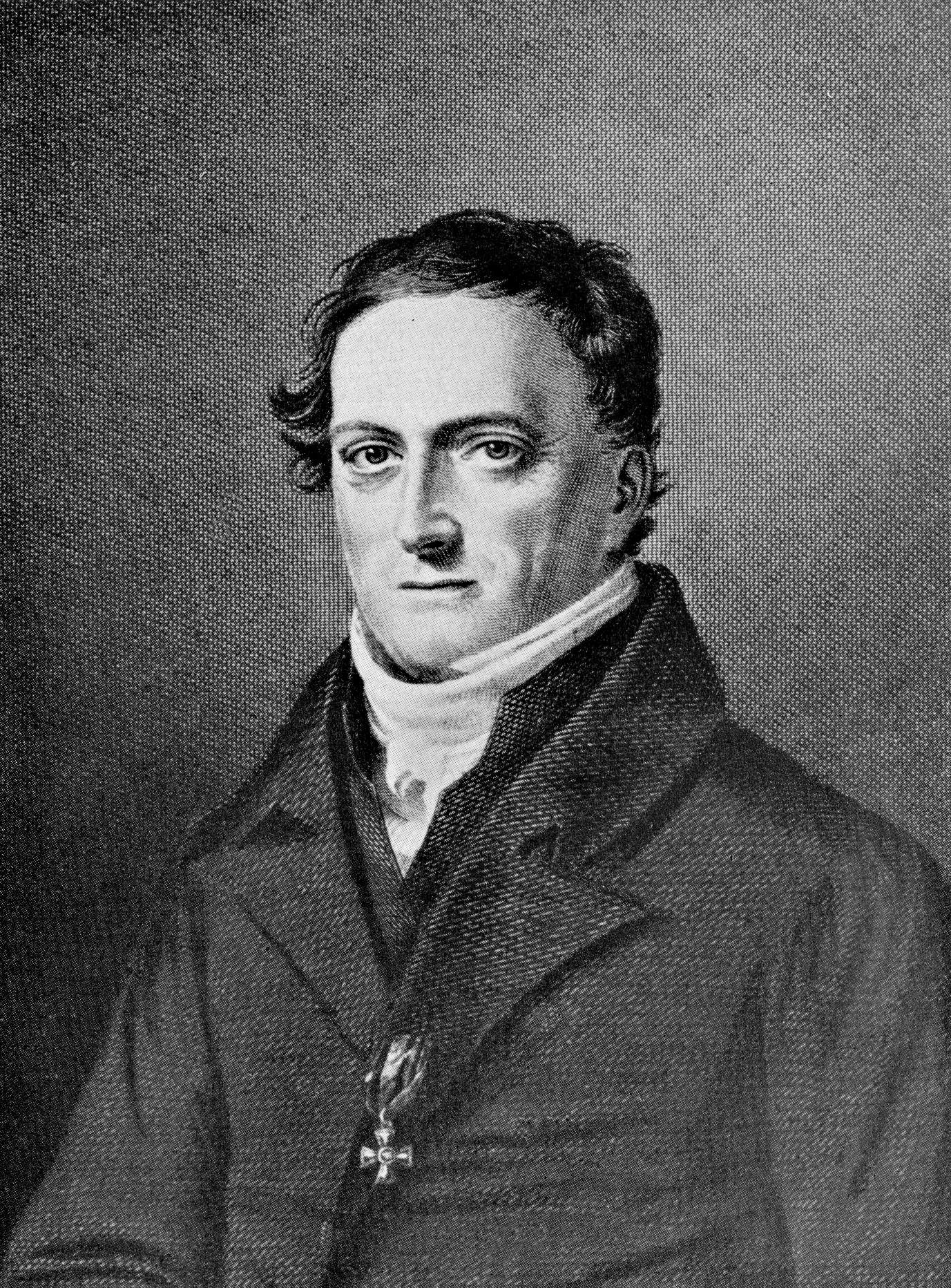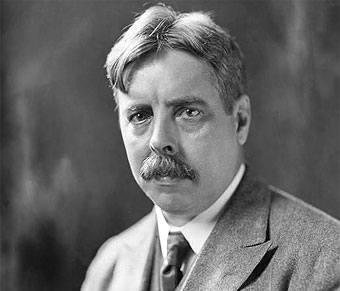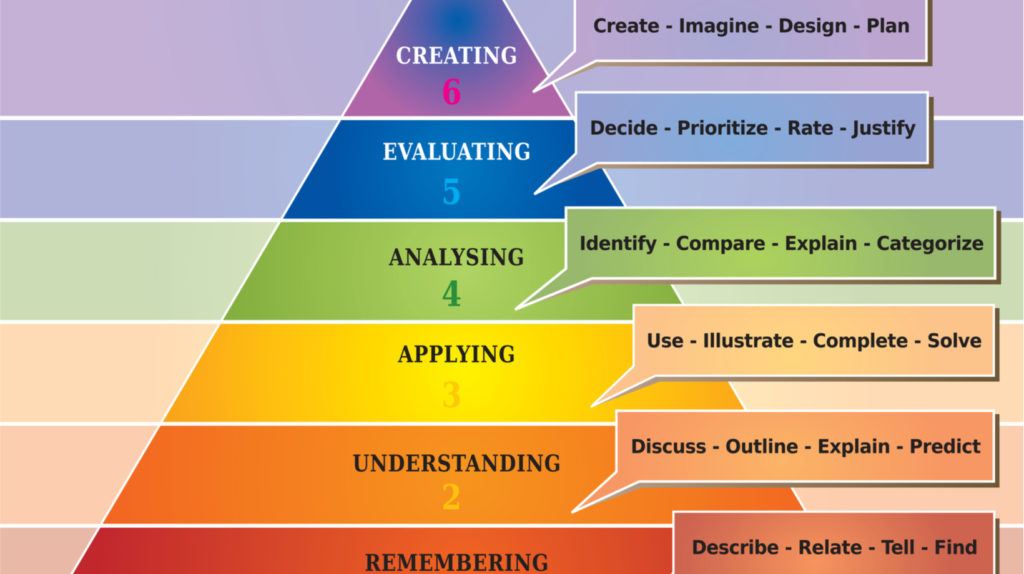What is Educational Psychology?
Educational psychology is the study of how individuals
learn, including topics such as student outcomes, the academic process,
individual differences in learning, gifted learners and various learning
disabilities.This process includes emotional, social, and cognitive learning
processes.
Johann Herbart as the "Father" of educational psychology.Herbart believed that student's interested in a topic had a tremendous influence of the learning outcome and believed that teachers should consider this interest along with prior knowledge when deciding which type of instruction is most appropriate.
Another important influent was Edward Lee
Thorndike was devoted throughout his career to understanding the process of
learning. His interest in and contribution to our understanding of learning
ranged from studies with animals, children, and eventually with adults.
Plato and Aristotle
Plato who believed that all knowledge is innate at birth and
is perfectible by experiential learning during growth. Aristotle, Plato's
student, was the first to observe that "association"among ideas
facilitated understanding and recall. He believed that comprehension was aided
by contiguity, succession, similarity and contrast.
Comenius 1592-1670
Was a Moravian clergyman, and the first person to recognize
the age differences in children's ability to learn. He also noticed that
children learn more effectively when they are involved with experiences that
they can assimilate.
Locke In the late 1600's
John Locke advanced the hypothesis that
people learn primarily from external forces. He believed that the mind was like
a blank was tablet (tabula rasa), and that successions of simple impressions
give rise to complex ideas through association and reflection. Locke is
credited with establishing "empiricism" as a criterion for testing
the validity of knowledge, thus providing a conceptual framework for
later development of excremental methodology in the natural and social sciences.
Rousseau during the mid 18th century
Jean Jacques Rousseau put forth a new theory of educational
pedagogy. In his famous work Emile, published in1762, he explained
his views on the benefits of health and physical exercise, and the belief that
knowledge acquisition occurs though experience and that reason and
investigation should replace arbitrary authority. He proposed educating
children according to their natural inclinations, impulses and feelings.
Pestalozzi 1746-1827
To be the first applied educational psychologist. He was one of the first educators who attempted to put Rousseau's teaching into practice and teach children by drawing upon their natural interests and activities.
Titchener 1867- 1927
was one of the first eminent Educational Psychologists to practice in America. He was director of the psychology laboratory at Cornell University, and he regarded the study of the generalized mind to be the only legitimate purpose of psychological investigation. He focused on such higher mental processes as concept formation and argued that introspection is a valid form for interpreting great variety of sensations and feelings.
Dewey 1896
In 1896, John Dewey launched an attack against Titchener and
his ideas. Dewey argued that a stimulus and the response it elicits constitute
a reflexarc, and that that arc should be the minimal unit of analysis, and its
functionshould be the basis for understanding it. Dewey believed that
individualsaddress aspects of their environment, not because these features
possess thequalities of being interesting, but because they are viewed
instrumentally asways of realizing a purpose. This belief gave rise to the
theory of "functionalism". Functionalism encouraged developments in
mental testing, investigation ofindividual differences and studies of adaptive
behavior
William James 1899
He mades significant contributions to the field.His seminal 1899 text Talks to Teachers on Psychology is considered the first textbook on educational psychology.
Alfred binet 1899
French psychologist was developing his famous IQ test.The test were originally designed to help the French government identify children who had developmental delays to create special education programs.
Thorndike 1874-1949
He agreed with functionalism, but preferred to be identified
as a "connectionist" because he sought to explain learning in terms of
stimulus-response connections. He is credited withestablishing the "Law of
Effect" to account for thestrengthening or weakening of connections as a
result of experience. In 1914Thorndike completed the three volume series,
Educational Psychology. For nearly fifty years the field of Educational
Psychology embraced the theory of associationism without question.
Benjamin Bloom
He developed an important taxonomy designed to categorize, and describe different educational objectives.The three top-level domains he described were cognitive, effective, and psychomotor learning objectives.



